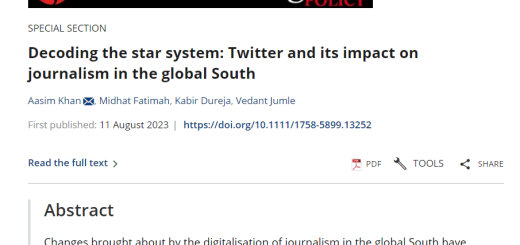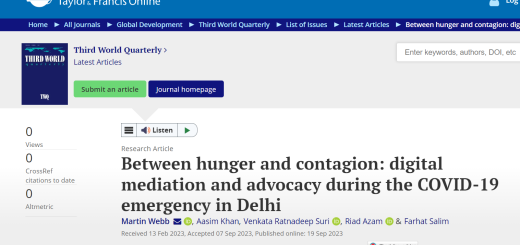[CSH-AJEI-22nd International Workshop] – Engaging with categories in South Asia: processes, challenges, and implications (21-23 April 2022)
The Centre de Sciences Humaines (CSH) in support to AJEI with CPR, IFP-Pondicherry, GIS-ASIE, EHESS and CEIAS
is delighted to invite you to the 22nd AJEI International Workshop entitled:
“Engaging with categories in South Asia: processes, challenges, and implications”

From Thursday, 21st April to Saturday, 23rd April 2022
1:30 PM IST (Delhi) / 10:00 AM CEST (Paris)
The workshop will be held in hybrid mode in:
- New Delhi at the Centre for Policy Research office: 21, Dharam Marg, Chanakya Puri, New Delhi 110021. See on the map: https://maps.app.goo.gl/UqQLGKwN7iQBVHQg8
- Paris on the Centre d’études de l’Inde et de l’Asie du Sud – CEIAS Campus Condorcet: room 0.015 (ground floor), Bâtiment Recherche Sud, 5 cours des Humanités, Aubervilliers (Métro 12, station Front Populaire). See this interactive map: https://www.campus-condorcet.fr/cartographie
- Online, using Avaya.
- Please find the detailed program for further details.
For registration:
Please use this link to register for the workshop
The Avaya Link to attend the workshop online will be sent a few days before to the registered participants. Please note that the room capacity is limited.
About the Workshop:
As researchers in social sciences, we are constantly confronting categories. While categorization is an inevitable process, the division and classification of the social world is not neutral. It entails choices and has implications. Some of these choices may be determined by institutions, others informally emerge within society, and still others are made by researchers for analytical purposes. In any case, categorisation can leave a lasting imprint on social and political structures, as in the South Asian context. This workshop invites social scientists who are engaging with categories in their research to reflect on the manners in which they use them. In their research, they may trace the origin and evolution of categories. They may also use existing categories and develop a critical stand, or develop new ones as analytical tools. Therefore, different sets of questions arise from the encounter of researchers with categories or categorisation in their field:
➡ How do categories emerge? How are they institutionalised, mobilised, appropriated, and by whom? What are the implications or effects of categories in terms of resources, boundaries, representations, or power relationships?
➡ When we researchers use categories as analytical or methodological tools: what are the benefits and/or limits of using categories in our analysis? What are the normative implications of using categories as researchers in social sciences? What theoretical frameworks inform the process of categorization?
About the Speakers:
Master and Ph.D. Students will discuss categories and categorization through empirical observations and case studies, elaborating on methodological and theoretical reflections. Each panel will be followed by 35-40 minutes of discussions animated by senior researchers.
Organisers:
– Kiran BHATTY, Senior visiting fellow CPR (Delhi) & PhD scholar, Political Science, EHESS-CEIAS (Paris)
– Roma CASAMITJANA, PhD scholar, Political Science, University of Milan
– Lola CINDRIC, PhD scholar, Social Anthropology & Ethnology, EHESS-CEIAS (Paris)
– José EGAS, PhD scholar, Anthropology & Sociology, EHESS-CEIAS (Paris)
– Cansu GURKAYA, PhD scholar, Sociology, EHESS-CEIAS (Paris)
– Hugo RIBADEAU DUMAS, PhD scholar, Urban Studies, EHESS-CEIAS (Paris) & CSH-CNRS (Delhi)
– Vishnu TANDON, PhD scholar, Political Science, EHESS-CEIAS (Paris)
For more info contact:








